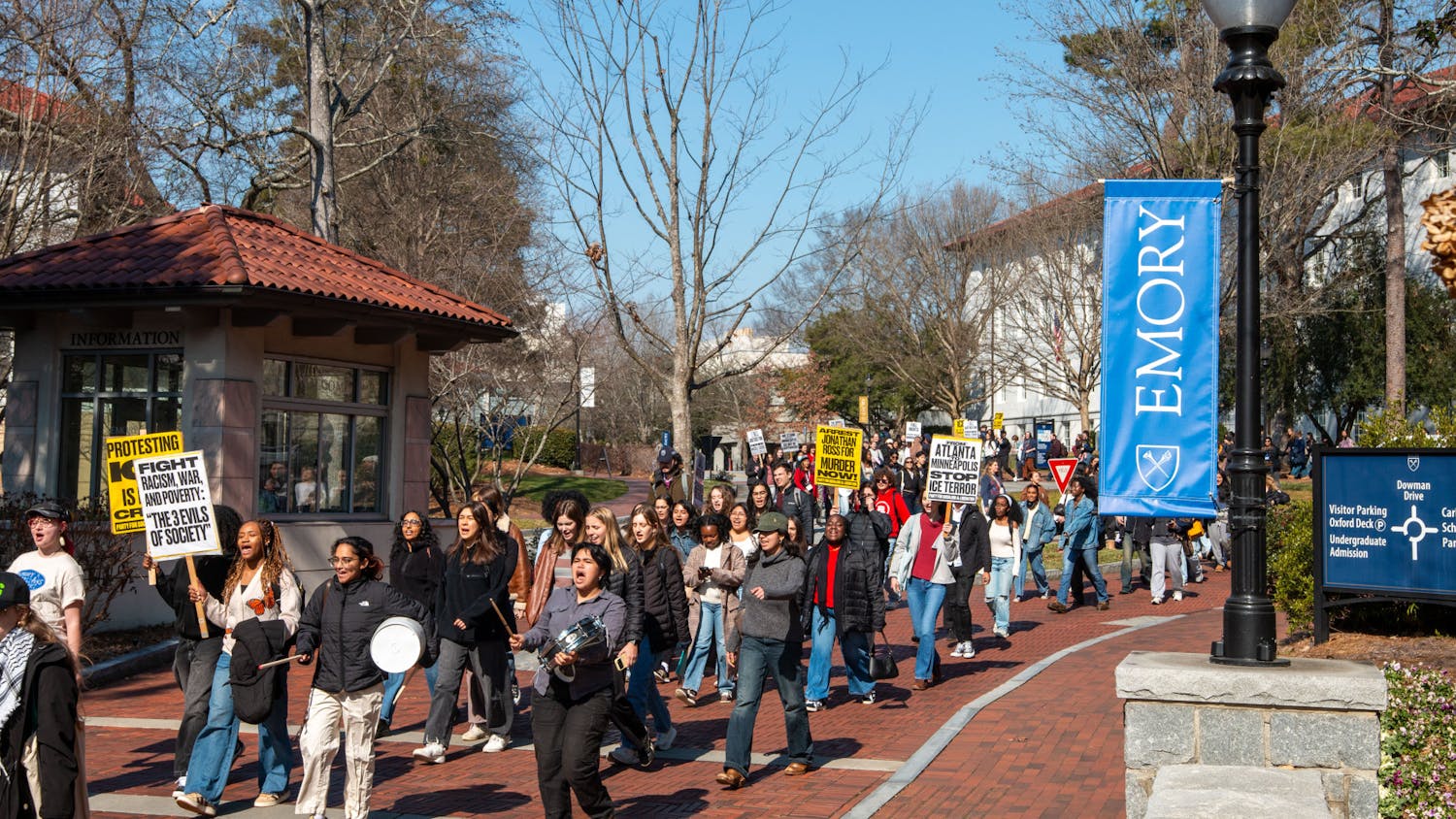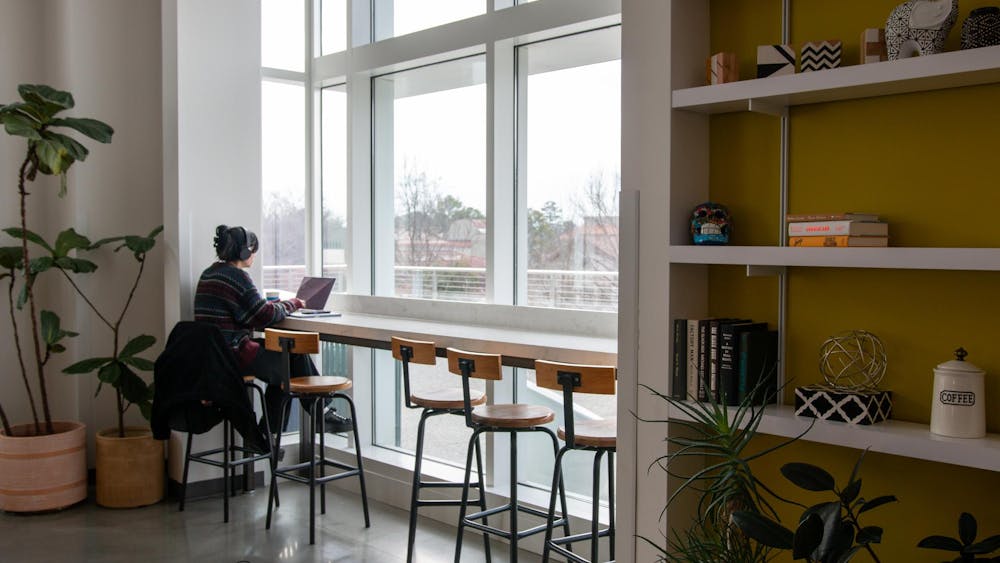Emory University will debut a new interfaith center on the University’s Atlanta Campus in December 2022, a project proposal that was first submitted in fall 2020 and approved spring of 2021.
Dean of Religious Life and University Chaplain Gregory McGonigle said that the University has discussed the center’s concept since the early 2000s when increasing religious diversity at colleges in the U.S. began to require sacred space for more religious groups.
“It's a way to reflect what the community actually is at Emory,” Hindu Chaplain Brahmacharini Shweta Chaitanya said. “It’s a natural and long awaited next step for Emory.”

The project was delayed because of the financial recession from 2007 through 2009, McGonigle said. However, with public calls from students like Marwan Nour (20C) and Akshar Patel (19C) in 2019 and the development of a multi-faith chaplaincy at the University over the past two years, McGonigle said “the time became right” for the space’s creation.
Emory’s new interfaith center will become home to around 40 undergraduate and graduate spiritual communities on campus. According to a fall 2020 University survey of student religious and spiritual identity, 49.1% of Emory’s student body identify themselves as a part of one of the many religions on the campus.
Emory Buddhist Club President Meha Srivastava (22C) emphasized the importance of a center for shared worship.
“Communication and exchange of ideas is the main point of an educational or academic setting,” Srivastava said. “It inspires growth and acceptance, so much more can come from people exchanging ideas, especially religious organizations.”
The same survey found about 18% of students in Emory College identified as Protestant, 11% as Catholic, 10% as Jewish, 4% as Hindu, 3% as Muslim, 2% as Atheist/Agnostic, 1% as Buddhist, 1% as “other” and less than 1% as Orthodox Christian. About 47% of respondents either chose not to respond or had no religious preference.
Results from Oxford College respondents showed a similar distribution, with a 56% majority of students either choosing not to report or having no religious preference.
While the University has a diverse religious community, Srivastava said that there is a lack of communication between the different religious organizations. The Interfaith Center seeks to tackle this issue.
“The point of the Interfaith Center is to be a physical space where all of the religious organizations can do events, communicate with each other, learn from each other and use the same space,” Srivastava said. “Space inspires communication; if you share the same space, you will communicate.”
Architecturally, students said they want a space that can serve the wide variety of practices which take place in our community.
“Everyone has different physical parts of their practice so what we would need most primarily is a broad open space that can be easily set up and taken down based on each religion's needs,” Srivastava said.
Chaitanya hopes for the architecture to encourage both openness and permeability in this new space.
“[There’s a] feeling that you can walk in and out of different spaces and feel almost at once like you’re in a space to learn about something different than what you’ve grown up with or what you’re familiar with, but then also feel like you’re welcome in the space as well” Chaitanya said.
The interfaith center, with dirt at the site that has even been blessed by the Dalai Lama, will provide a central space for religion at Emory.
“Students have spoken about it as a ‘home’ for many types of dialogues, programs, retreats and service opportunities for both particular spiritual communities and when groups gather together,” McGonigle said.
McGonigle said the Center will not be restricted to members of specific communities, but that he instead hopes that it will inspire people of all religions, spiritualities and beliefs to come and explore.
“All of our chaplains are trying to think about creating a space where anybody of any faith, and even people who don’t identify with any faith, can feel like this space is a home for them to take a breather and find some respite from busy college life,” Chaitanya said.







